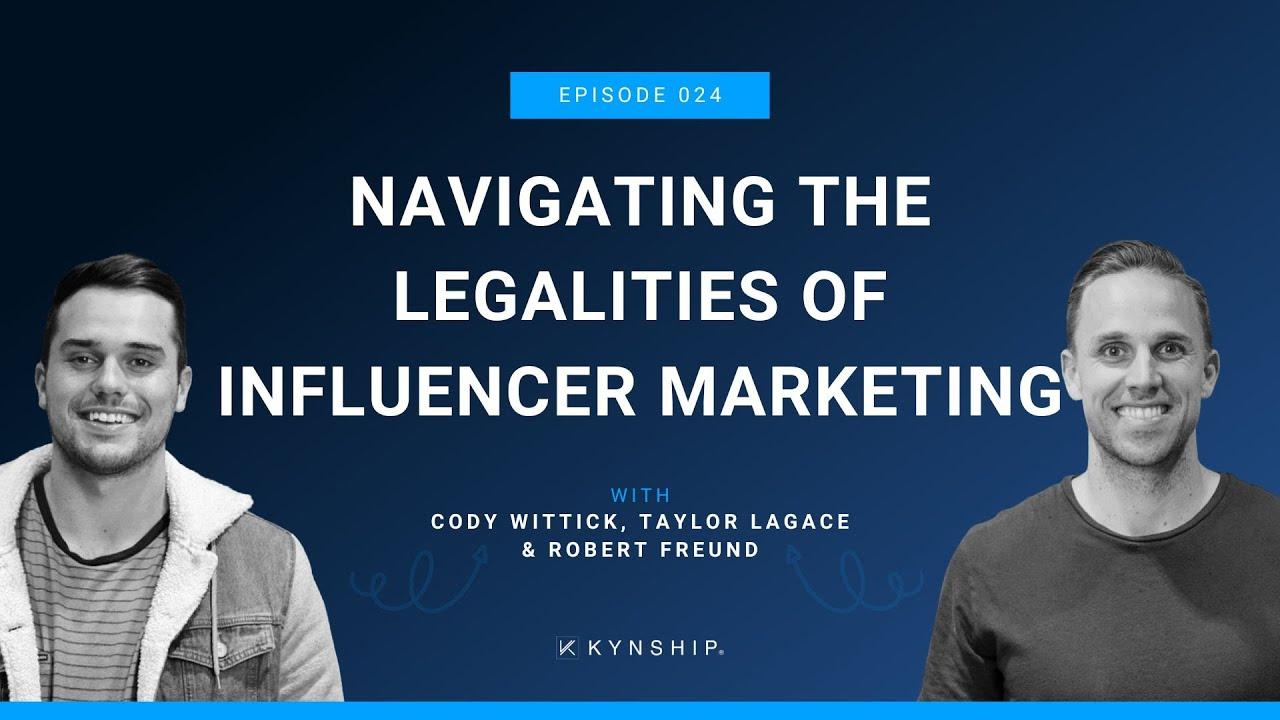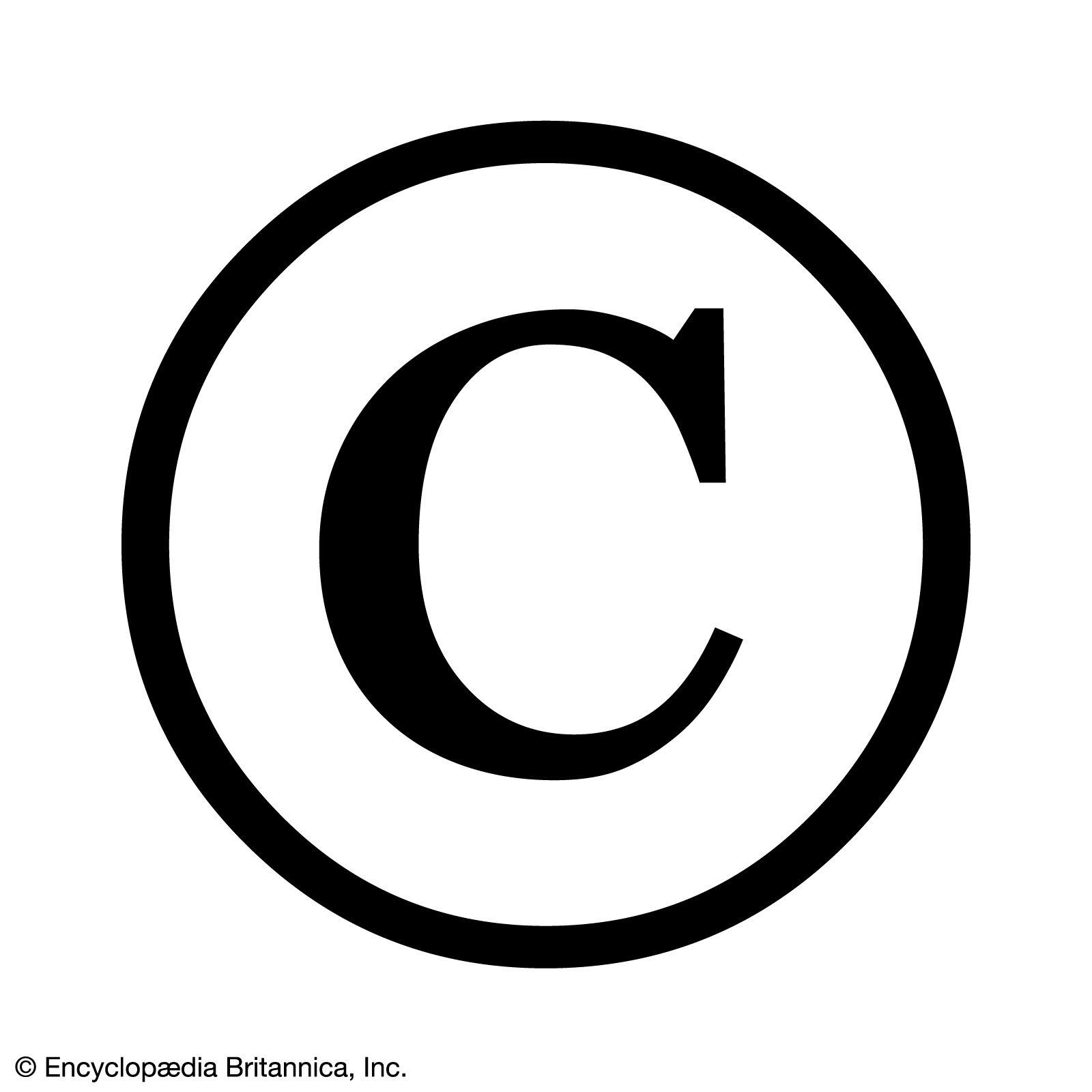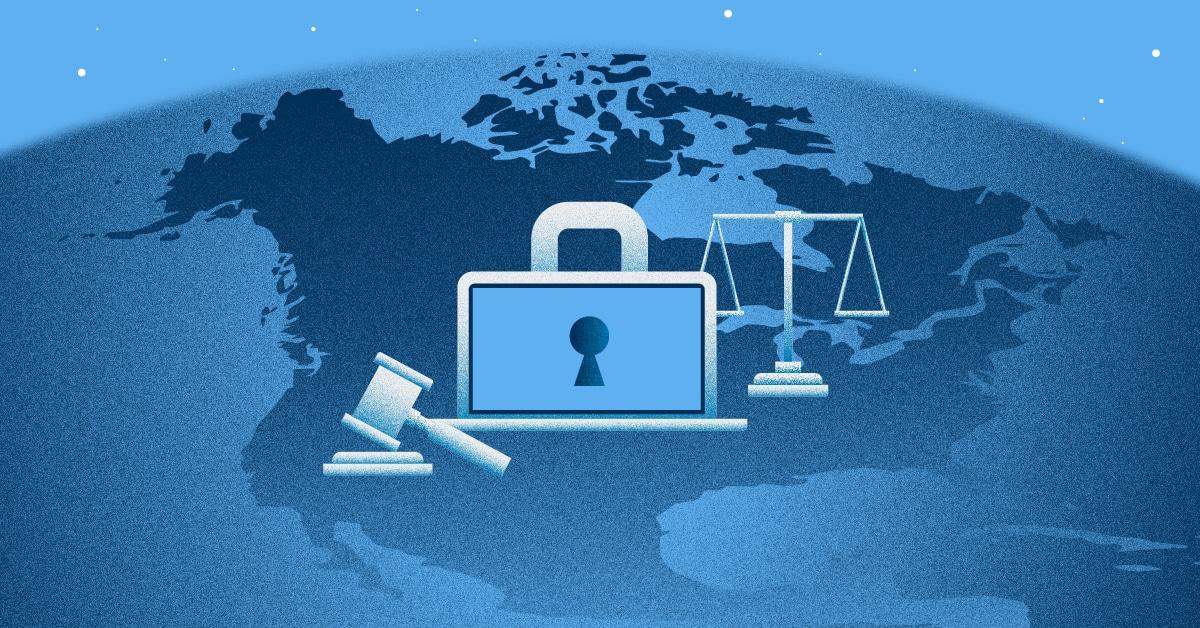
In the digital age, the spotlight shines brightly on a new breed of entertainers: YouTube influencers. With dazzling personalities and engaging content, they captivate millions, wielding the power to shape trends and drive conversations. However, beneath the glimmering facade of likes and subscribers lies a complex web of legal intricacies that demands attention.As influencers navigate brand partnerships, copyright issues, and the evolving landscape of disclosure requirements, understanding the legal nuances becomes paramount. In this article, we delve into the essential legalities that every content creator must consider to thrive in this vibrant, yet sometimes precarious, environment. Join us as we illuminate the path for influencers, guiding them through the legal minefield that accompanies fame on this dynamic platform.
Understanding Copyright and Fair Use in Content Creation
As content creators, especially influencers on platforms like YouTube, it’s crucial to grasp the nuances of copyright and fair use.Copyright law protects the original works of authors, artists, and creators, giving them exclusive rights to their content. Though, fair use allows for limited use of protected material without permission under certain circumstances, typically for purposes such as criticism, commentary, or education. To navigate these waters, influencers must critically assess their intentions behind using copyrighted material and consider factors such as the purpose of the use, the amount of the original work used, the effect on the market value, and the nature of the original work.
When creating content, influencers should implement a proactive strategy to avoid copyright infringement while maximizing their creative potential. Here are some best practices to consider:
- Always give credit to original creators when using their content, even if you believe it falls under fair use.
- Transformative use can strengthen yoru fair use defense; consider how your work adds new insights or meanings.
- Seek licensing when in doubt, especially for high-stakes content that might draw scrutiny.
- Stay informed about copyright changes that could effect your content creation strategy.

Disclosing Sponsorships and Avoiding Deceptive Practices
Clarity is paramount in maintaining audience trust, especially when it comes to sponsorships. Influencers must clearly disclose any financial or material connections they have with brands, ensuring that viewers are aware of potential biases in the content they consume. The Federal Trade commission (FTC) provides guidelines that recommend using clear language in such disclosures. Creators should consider utilizing phrases like “Paid Partnership,” “Sponsored by,” or “Promoted Content”. Moreover, it’s essential to place these disclosures in a way that they are easily visible, not buried in a lengthy description or at the end of the video.
Failure to disclose sponsorships can lead to legal repercussions and damage to a creator’s reputation.To aid in navigating these complexities, here are a few key practices to follow:
- Always disclose: be upfront about any sponsorships before the content starts.
- Use accessible language: Avoid jargon that could confuse viewers regarding the nature of the partnership.
- Continuous education: stay informed about changes in regulations and best practices for influencer marketing.
Understanding the nuances of disclosure can also enhance your relationship with your audience. The following table summarizes common types of sponsorships and their respectful disclosure methods:
| Sponsorship Type | Disclosure Method |
|---|---|
| Affiliate links | “This video contains affiliate links. If you use these links, I may earn a commission.” |
| Paid Promotions | “This video is sponsored by [brand Name].” |
| product Reviews | “I received this product for free for review purposes.” |

Navigating Privacy Laws and Protecting Personal Information
In the rapidly evolving landscape of digital content creation, influencers on platforms like YouTube face an intricate web of privacy laws designed to protect personal information. With the rise of data breaches and heightened consumer awareness,understanding these regulations is paramount. Influencers must ensure they are compliant with various laws, including the General Data Protection Regulation (GDPR) and the California Consumer Privacy Act (CCPA), which impose strict rules on how personal data can be collected, shared, and utilized. To maintain trust and credibility, creators should adopt best practices for transparency, such as:
- Clear Consent: Always inform viewers about data collection practices.
- Privacy Policies: Develop concise, easy-to-understand privacy policies.
- Data Minimization: Only collect information that is essential for content delivery.
Moreover, monitoring content for compliance with these legal frameworks is crucial. Influencers need to understand that personal data encompasses a broad spectrum of information beyond just names and emails; it includes any identifiers that could lead to an individual. Here’s a brief overview of meaningful legislation impacting privacy and influencer marketing:
| Legislation | Key Focus | Implications for Influencers |
|---|---|---|
| GDPR | Data Protection and Privacy | Requires explicit consent from users for data collection. |
| CCPA | Consumer Rights | Gives consumers the right to know and delete personal data. |
| FTC Guidelines | Truth in Advertising | Mandates disclosures regarding sponsorships and advertising. |

Establishing Contracts and agreements with collaborators
When collaborating with YouTube influencers, having well-drafted contracts and agreements is paramount to protect both parties involved. These documents serve as the foundation of the relationship, outlining expectations, deliverables, and compensation.It is essential to include key elements such as:
- Scope of Work: Clearly define what the collaborator is expected to produce, including video content, posting schedules, and promotional requirements.
- Payment Terms: Specify the compensation structure, including amounts, payment methods, and deadlines.
- Intellectual Property Rights: Address ownership of the content created and any licensing arrangements.
- Confidentiality clauses: Protect sensitive information shared during the collaboration.
- Termination Conditions: Outline the grounds for terminating the agreement and any notice requirements.
Additionally,it’s wise to consider including dispute resolution mechanisms in your agreements. To facilitate clear communication in case issues arise, set up a table delineating the processes that might be followed:
| Issue Type | Resolution Method |
|---|---|
| Contract Breach | Mediation, Legal Consultation |
| Creative Disputes | Collaboration Review Meetings |
| Payment Issues | Formal Payment Demands |
This proactive approach can minimize misunderstandings and foster a more productive and amicable partnership as you navigate the exciting terrain of YouTube influencer collaborations.
Final Thoughts
As we draw the curtains on our exploration of YouTube influencer legalities, it’s clear that the digital landscape presents both exciting opportunities and intricate challenges. Navigating this realm requires more than just creativity and charisma; a solid understanding of the legal framework ensures that your influence can thrive without the shadow of potential pitfalls.
From copyright issues to the nuances of disclosure, the responsibilities that come with being an influencer are as significant as the rewards. As content creators continue to shape the way we communicate and consume media, staying informed and compliant is essential for sustaining a trustworthy and successful presence. Remember, being in the spotlight means not only showcasing your unique voice but also embodying the principles of integrity and accountability.
Whether you’re a seasoned creator or just stepping into the arena, take these insights to heart. Embrace the journey ahead with confidence, knowing that informed choices will pave the way for a flourishing and legitimate online career. so, go forth, share your passion, and let your influence shine—while keeping one eye on the laws that govern your space. After all, a well-informed creator is the best kind of influencer.